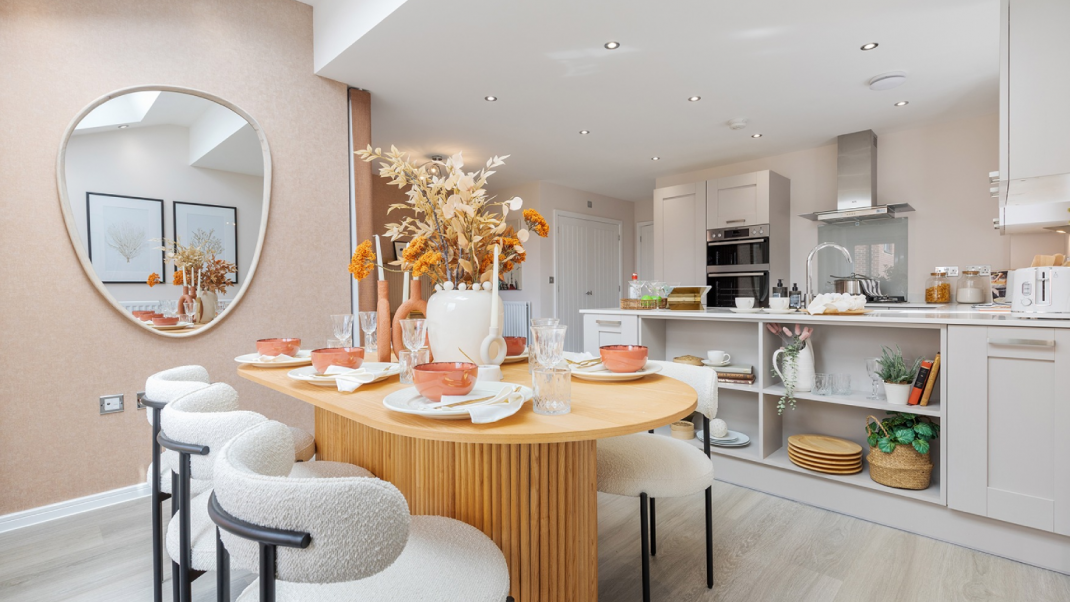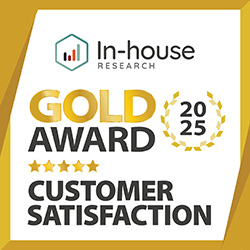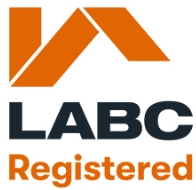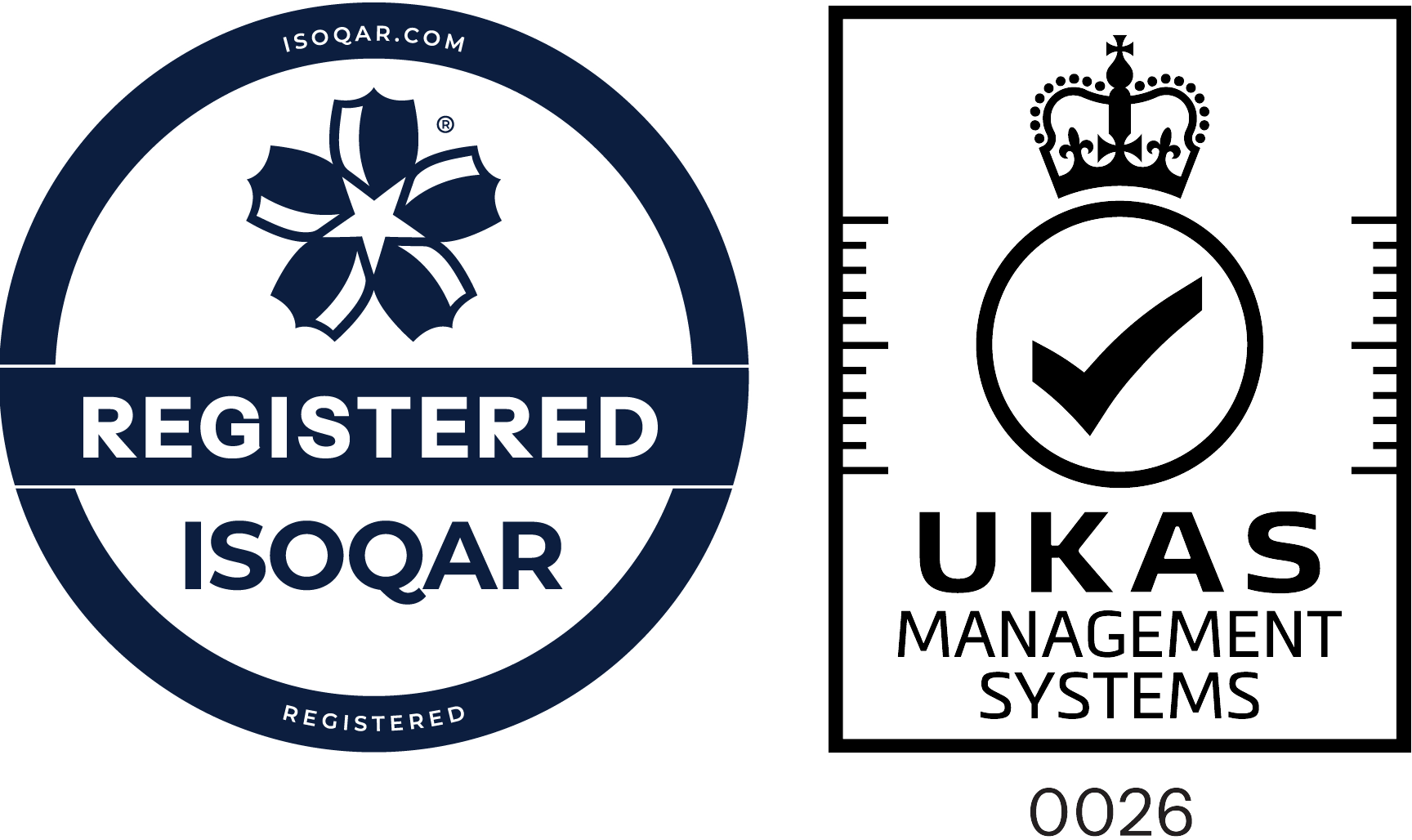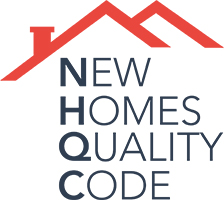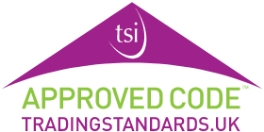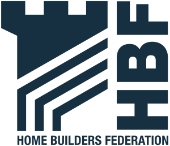When buying your first home, it’s natural to focus on the big figures, like your deposit and the monthly mortgage payments. However, once you start the process, there are a number of overlooked costs to buying a home that can take you by surprise, and they often catch first-time buyers off guard.
Being aware of these ahead of time means you can plan for them, budget sensibly, and avoid that sinking feeling when an unexpected bill lands in your inbox. Here are some of the most common unexpected costs and what they actually mean for your budget.
1. Set up fees for your mortgage
While your mortgage will be your largest financial commitment, there are often extra fees involved in setting it up. Many lenders charge an arrangement fee to set up your mortgage, which can range from a few hundred to over a thousand pounds and there might also be a valuation fee to check the property’s worth.
Some lenders allow these costs to be added to your mortgage, but this will mean paying interest on them for the duration of the loan. It is important to ask your lender for a full breakdown of charges before you proceed.
2. Solicitor and legal costs
Every home purchase requires a solicitor or conveyancer to handle the legal work. This includes checking the title deeds, conducting local authority searches, and ensuring the funds are transferred correctly.
Legal fees typically cost around £1,400, but can be higher depending on the complexity of the sale or the location of the property. There are also additional charges such as land registry fees, anti-money laundering checks, and search fees. Remember to request a full written quote from your solicitor to help you budget more accurately.
3. Stamp Duty
Stamp Duty is a tax you pay when buying a home. First-time buyers in England don’t have to pay it on homes up to £300,000. But if your dream house costs more than that, you’ll owe Stamp Duty on the amount above the threshold.
For example, if you buy a house for £350,000, you’ll only pay Stamp Duty on the £50,000 above the threshold, which is £2,500. This is an upfront cost that needs to be factored into your savings.
4. Moving day costs
If you’re moving out of your parents’ house or a rented place, it’s easy to underestimate the cost of moving home.
Hiring a removals company can cost anywhere from £300 to over £1,000 depending on how much stuff you have and how far you’re going. Even hiring a van yourself and getting help from friends comes with the cost of fuel, extra insurance, and potentially paying friends or family back in food or small gifts for their help.
5. Furniture and appliances
You finally get the keys and open the door to your shiny new build home, only to realise you don’t have a sofa, a bin, curtains or anywhere to sit.
Buying furniture, appliances and home essentials adds up fast, especially if you’re starting from scratch. A top tip is to make a list of everything you’ll actually need for the first month. It is easier to spread out the rest of the purchases over time.
6. Insurance
Once contracts are exchanged, you’re legally responsible for your new home, even if you haven’t moved in yet. That means you’ll need buildings insurance in place straight away.
You’ll also want contents insurance once you move in, and some buyers choose life insurance or income protection as an extra safety net in case something unexpected affects their ability to pay the mortgage.
7. Decorating
With a new build, you won’t be ripping out carpets or repainting every wall, but most people still want to personalise their home.
This might include adding blinds or curtains, hanging pictures, painting feature walls, or completing small DIY projects. Costs can rise quickly if you need tools and DIY gear or require specialist help for certain jobs.
8. Council tax and setting up all your bills
From your move-in date, you will need to register with your local council for council tax and set up accounts for gas, electricity, water, and broadband. If you’ve been renting and bills were included, this can be a bit of a shock. And don’t forget the cost of setting up new accounts as some broadband providers charge installation fees or ask for upfront payments.
Council tax is based on your local authority and property band, and it can vary massively from one area to another. It’s worth checking this early on so you can factor it into one of your extra costs when buying a house.
First-time buyer properties with Kellen Homes
At Kellen Homes, we aim make it easier for first-time buyers by offering stylish, energy-efficient homes that are move-in ready. With no nasty surprises, no need to renovate, and options to help with appliances or moving costs, it’s a smoother start to homeownership.
Take a look at our new build developments across the North West here and find a property that is perfect for your first step onto the property ladder.

